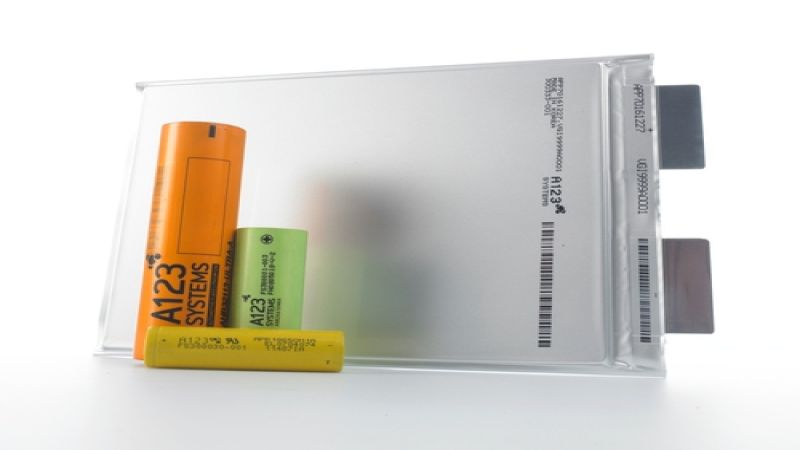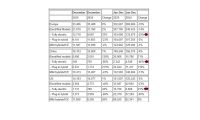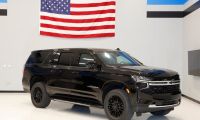Future electric cars could be cheaper, thanks to a research project being launched by Electricore and supported by a grant from the California Energy Commission. The project was part of a package of nearly $4 million in CEC grants announced on Tuesday.
Electricore's project will focus on developing standardization of batteries for plug-in electric vehicles.
Currently, each plug-in electric vehicle has a unique battery pack design. This means each manufacturer develops the battery pack design, at extra cost. Compare that with the situation for lead-acid batteries car batteries, that are made in standardized sizes by 3rd party manufacturers, allowing automakers, or car owners, to easily switch battery suppliers. Electric car makers cannot switch lithium-ion batteries, because there is no standardization.
Electricore and the California Energy Commission expect that with standardized battery packs for plug-in electric vehicles, costs would fall. Because much of the price premium for electric vehicles is the battery pack cost, lower cost battery packs should let manufacturers reduce electric car prices. According to the CEC, battery pack costs of $200-300 per kilowatt-hour would be close to cost-neutral with conventional vehicles.
Standardized battery packs would potentially reduce manufacturing costs, recycling costs, improve serviceability, safety and replacement costs. Standardization could also allow battery technology breakthroughs to make it to market without displacing existing plug-in electric vehicles. With standardized battery packs, an electric car owner could go to the battery store to buy a new pack rather than hope the original manufacturer will be able to provide replacement packs.
An example of how standardized battery packs could help is the case of Fisker Automotive. Fisker ran into serious problems last year when their battery supplier, A123 Systems, fell into bankruptcy. A123 was a sole source battery pack supplier to Fisker, so when A123 entered bankruptcy and could no longer make battery packs that left Fisker unable to make any cars. Standardized battery packs would have let Fisker easily switch to a different battery supplier.
The project is to produce in-depth studies looking at life-cycle cost impacts of standardizing plug-in vehicle battery packs, and evaluate potential pathways for implementing plug-in vehicle battery pack standards.











